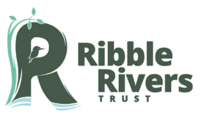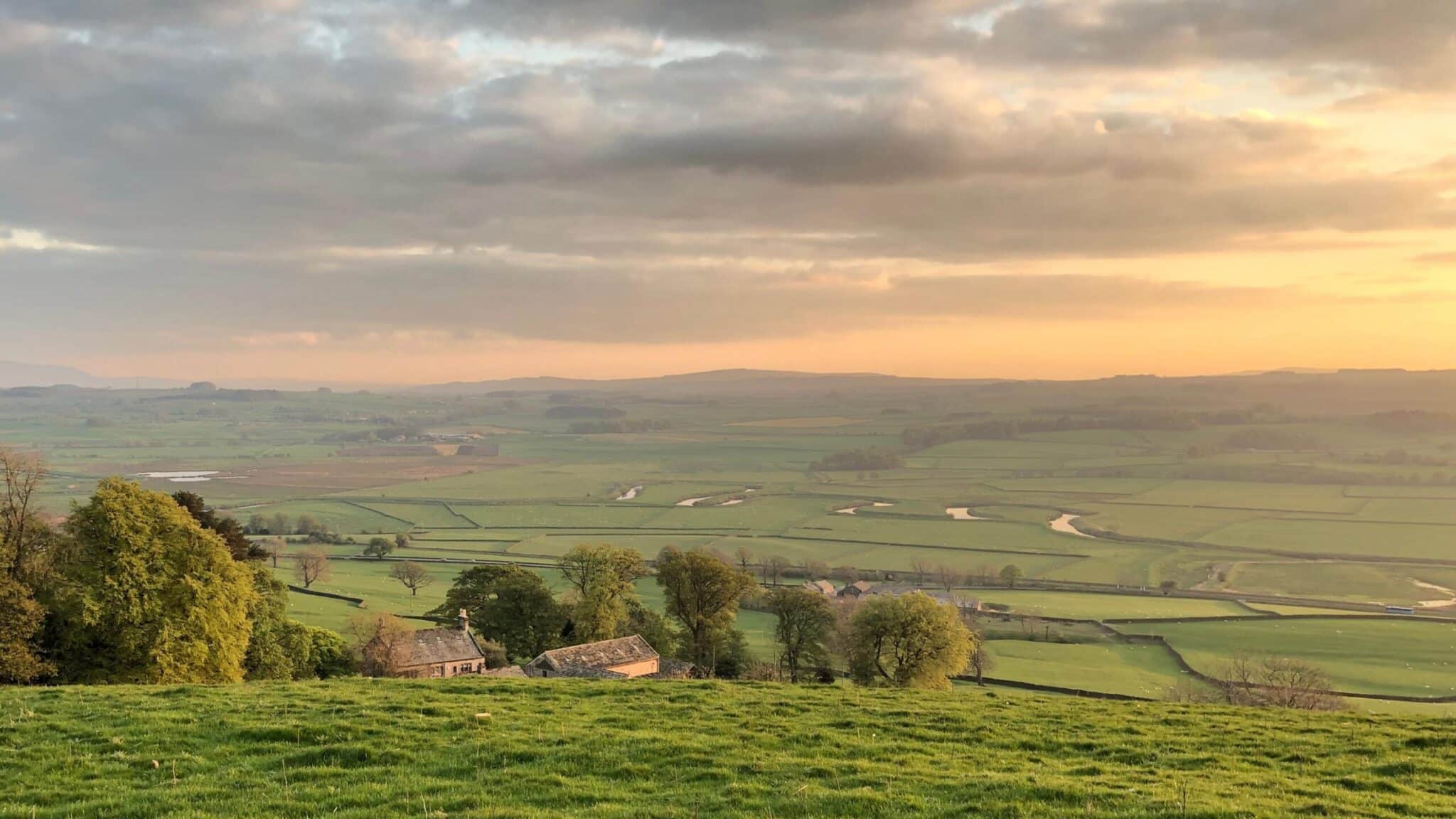
Our BLOG
Ribble Rivers Trust Blog
-
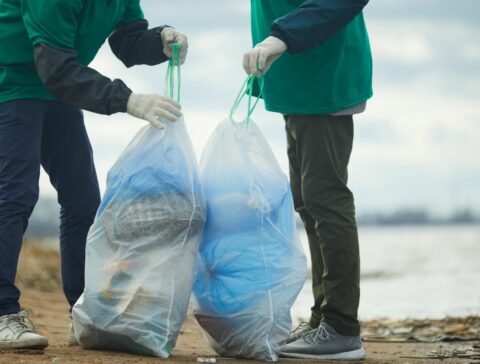
New research reveals ‘disconnect’ between litter and marine plastic
Blackburn with Darwen residents encouraged to take the Plastic Challenge this August to tackle plastic pollution New research has revealed that many people in Blackburn with Darwen and across the North West might not be aware that plastic litter in towns and cities can end up in the Irish Sea, harming the environment and marine…
-
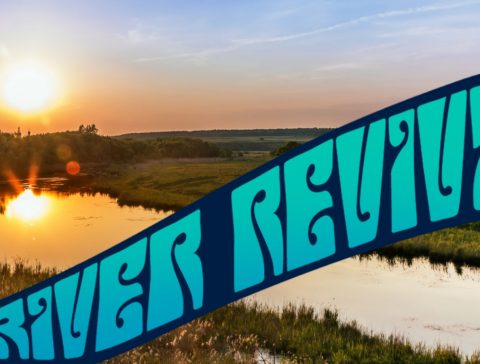
#RiverRevival
It’s time to show your river some love with a #RiverRevival. It’s been a tough year of isolation, restriction, and stress, but summer is here and it’s time to get outside, enjoy the sun, and immerse yourself in nature. Rivers and green spaces have been a lifeline for the last 16 months, helping to keep…
-
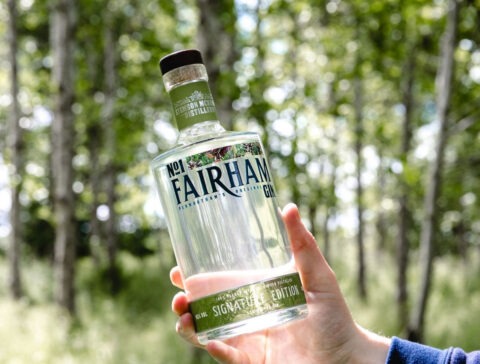
Penwortham craft gin boosting local Lancashire woodlands
Ribble Rivers Trust are proud to announce that No.1 Fairham Gin have joined forces with the Trust as part of a new partnership. Penwortham based No.1 Fairham Gin have already made a splash in the gin industry with Liam Stemson and Ellis McKeown, thought to be two of the UK’s youngest gin distillers, at the…
-
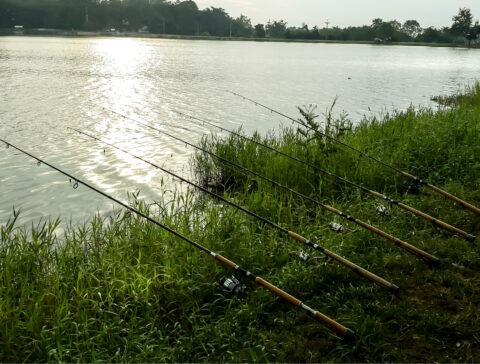
Fishing fun for Ribble Valley schools
Two Ribble Valley schools are taking part in specially designed ‘Introduction to Fishing’ sessions with the Ribble Rivers Trust. St Mary’s, Chipping and Brennand’s Endowed, Slaidburn will take part in the sessions, which begin on Bashall Brook, near Waddington, before moving on to fish the Rivers Hodder and Ribble. Planned and part funded by the…
-
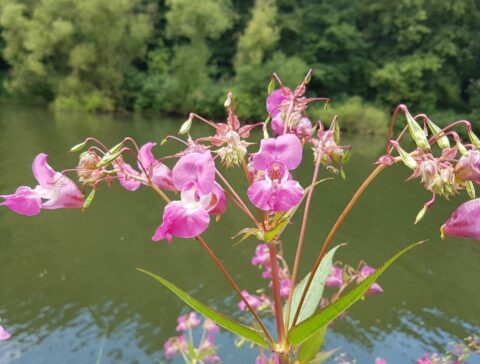
River restoration by Ribble Valley pupils
Four schools from Burnley are to take part in Himalayan balsam pulling sessions in and around Towneley Park this summer. This is just one of many activities that the local schools have undertaken in the Park as part of Ribble Rivers Trust’s long-term initiative to engage with local children and encourage them, and their families,…
-
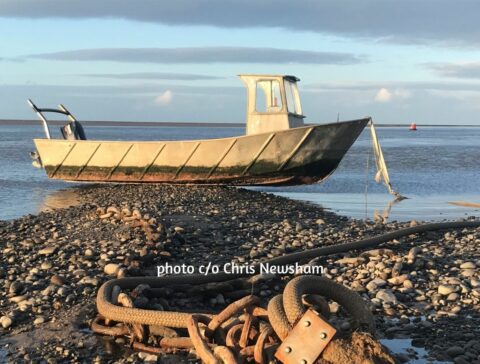
World Oceans Day- rivers and seas
Our planets oceans currently cover around 70% of the Earth’s surface, contain 97% of the Earth’s water, and support over 230,000+ known species. Today is World Oceans Day, and as we know all our rivers eventually make their way to the sea, but do you know just how heavily linked they are? Did you know,…
-

Invasive species week
Did you know that invasive non native species cost the UK economy around £1.8 billion a year? There are around 2,000 non-native plants and animals that have been introduced to the UK by human activities, and whilst not all of these are harmful, approximately 10-15% become invasive. These plants and animals negatively impact our economy,…
-

7 reasons to walk to school.
This week is walk to school week! Pupils across the catchment, and the country, are being encouraged to walk to school as part of the event, which is an annual initiative from Living Streets. Walking is one of the easiest ways to keep our minds and bodies healthy, whilst looking after out planet. Despite this…
-
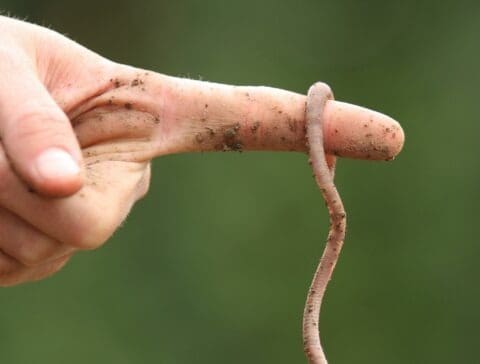
Bank holiday activity- make a wormery
It’s bank holiday weekend and National Gardening Week. If you are looking for a way to share your love of the garden with your family then a wormery is a great activity that everyone can get involved with! This hands-on experiment showcases the wonder of worms and brings the hidden world of soils above ground.…
-

Water Friendly Gardens
This week is National Gardening Week. If you are lucky enough to have a garden, yard, patio, or balcony then you will probably agree that in the last year this space has been invaluable. Gardens are an extension of our houses, and give us space to relax, unwind, and quickly connect to the outdoors. Gardens…
-
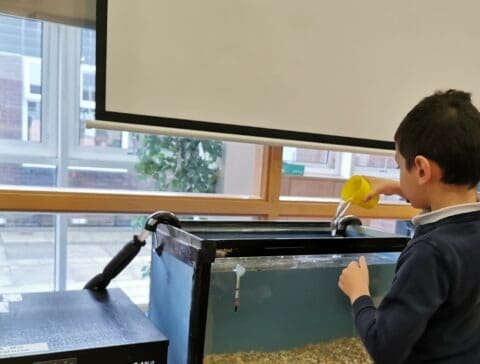
Schools Catch Lessons Online
A fintastic way of educating children about their environment is going swimmingly in ten Lancashire schools this year, despite the pandemic. All are involved with Trout In The Classroom, part of Ribble Rivers Trust’s Ribble Life Together project, supported by the National Lottery Heritage Fund. Although Trout In The Classroom has been running for several…
-
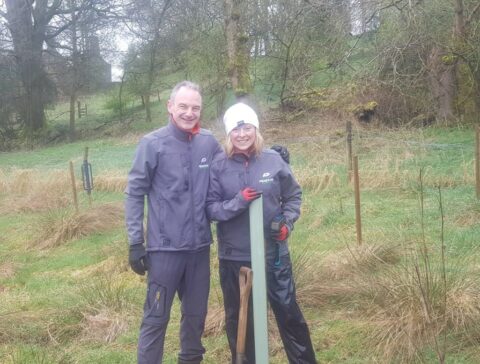
Local business goes green with Ribble Rivers Trust
Eco-friendly web design company working to boost their environmental credentials. Ribble Rivers Trust are proud to announce that Pearson Web Services have joined forces with the Trust as their latest corporate supporters. Pearson Web Services, based in Preston, are a company dedicated to offsetting carbon and working in the most environmentally friendly way possible. Having…
-
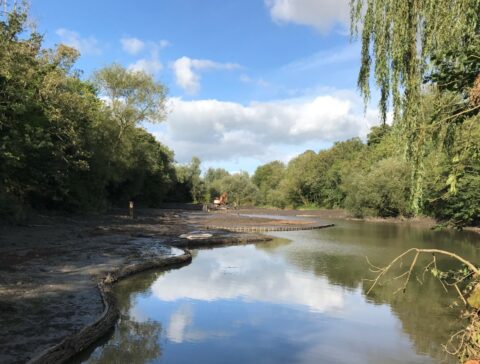
Much anticipated Clitheroe nature reserve to open to the public.
Two-year Primrose Lodge Blue and Green Way project, which has transformed the well-known historic town centre mill lodge into a thriving nature reserve, draws to a close as the site is opened to the public. Ribble Rivers Trust’s work to improve the habitats and access at the new Primrose Nature Reserve is almost complete, and…
-
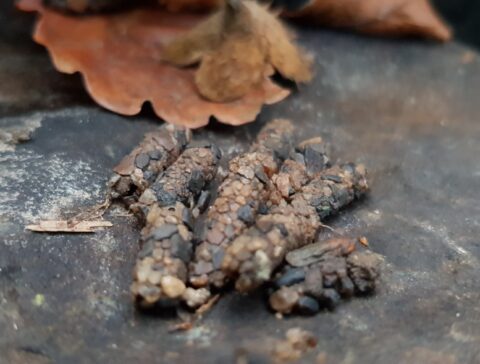
What’s in your river- invertebrate monitoring
Part of my role as Monitoring Officer is collecting and identifying invertebrates which live in the catchment’s rivers. Many of these are insects, such as stoneflies and mayflies, which emerge from the water to live on land. They are important indicators and the species/family and number found helps us to understand the water quality, as…
-
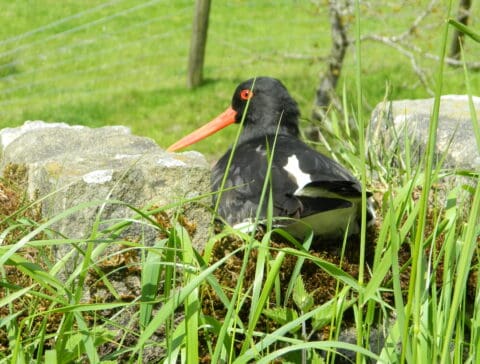
Launching Lancashire’s Local Nature Partnership
A partnership that will be a powerful voice and ready to take urgent action for nature in Lancashire is being relaunched. The Lancashire Local Nature Partnership (LNP) will “build a momentum and achieve a unity delivering great things” for the county and its wild areas. Wildlife will benefit from the launch of the LNP, but…
-
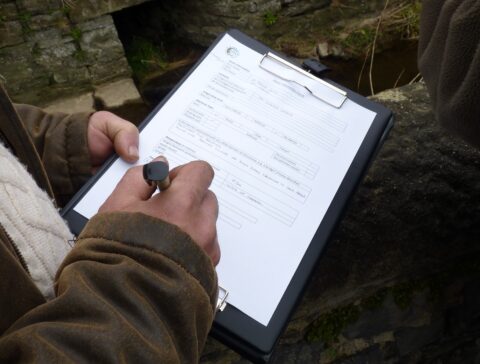
5 ways that data and evidence shapes projects
Over the last 21 years Ribble Rivers Trust, together with our partners, supporters, and volunteers, have carried out a wide range of habitat improvements. Did you know that all of this work is carefully planned over months and, in some cases, years? Activities such as woodland creation, fish passes, and wetland creation is great for…
-
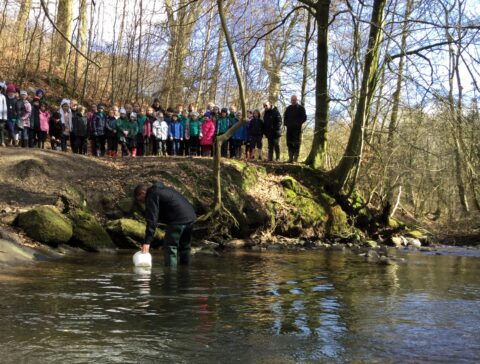
Rivers in the Classroom
Ribble Rivers Trust has been delivering educational activities to primary schools for over a decade and we’re not about to stop now. In fact, we just want to keep expanding to reach more and more children and young people in the Ribble Catchment! While Covid-19 prevented our education team from going into schools, they have…
-
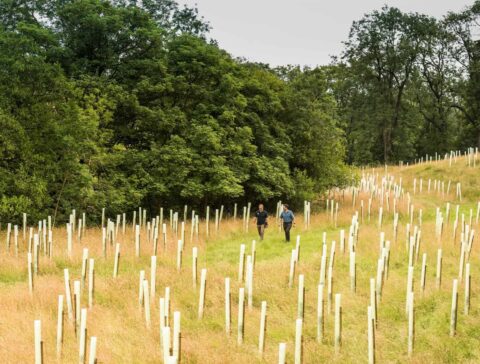
Lancashire Woodland Connect gains high profile sponsors
Lancashire-based environment charity Ribble Rivers Trust has secured financial support from a range of businesses to aid in woodland creation to tackle carbon emissions and support a healthier environment. Independent craft brewer BrewDog chose the Trust’s Lancashire Woodland Connect tree planting scheme to offset emissions on its road to becoming a Carbon Negative business and…
